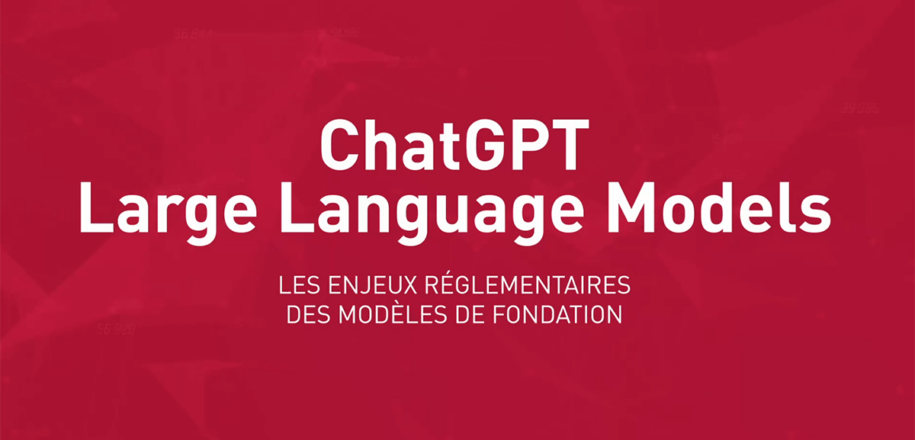As soon as it was released at the end of November 2022, ChatGPT, the conversational agent developed by Open AI, created a huge buzz among the general public. Other companies and researchers took the opportunity to unveil their own language models, such as Google’s « Bard », or Meta’s « Llama ». « Generative AI », which encompasses these text generation models as well as image and other content generators, has prompted a wave of reactions from major tech companies. For example, Google has initiated a « Code Red » and Microsoft has invested heavily in the Open AI company and called for the creation of an AI regulatory authority.
GPT-4 is already showing very impressive results, for example in American bar exams and medical school tests. Among its strengths are its writing, synthesis and computer programming skills. Its weaknesses include its dubious relationship with the truth as it sometimes seems to “hallucinate”, or its lack of ability to plan actions.
ChatGPT is built around three main blocks: (1) a neural network architecture based on the notion of « Transformers », which is called « Generative Pre-trained transformers (GPT) » in the case of ChatGPT, (2) a « Supervised Fined Tuning » stage, during which manually generated examples of questions and answers are used to modify the model, (3) a « Reinforcement Learning via Human Feedback » (RLHF) step, during which humans choose the most appropriate answer from several given by the model, for many different examples, thus teaching the model to give useful and harmless answers.
Many technical questions remain unanswered: What does the RLHF offer? How and why do these models work so well? Do they work well enough for real-life applications? How can they be audited and evaluated? We know that these models have limitations (lack of real understanding, etc.), but are they intrinsic to this type of model? Other debates concern the sovereignty of large companies versus open source, the protection of the data used for training, the biases present in this training data which is essentially American or English-speaking, and many other subjects.
Find out more

